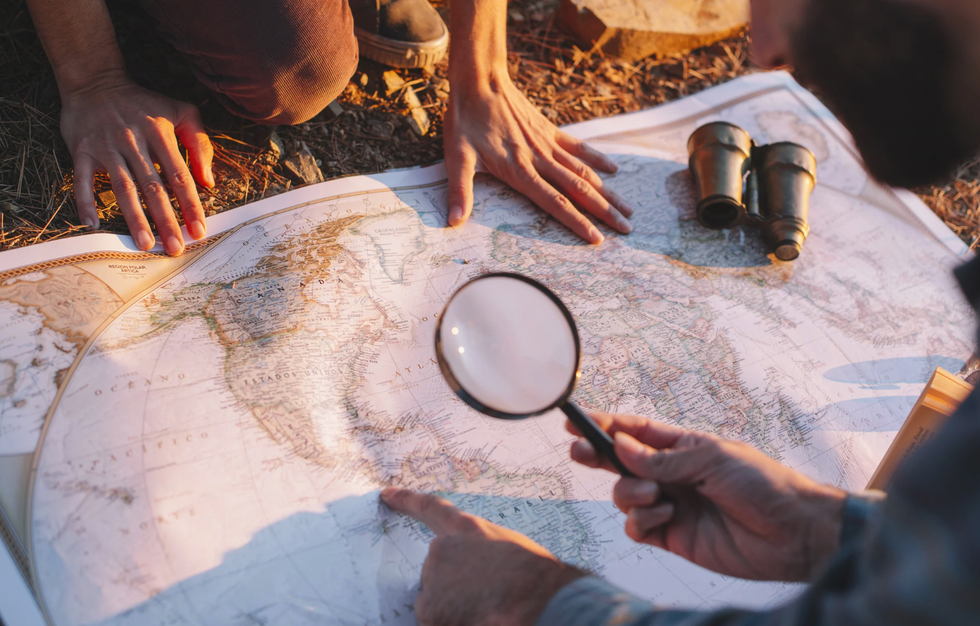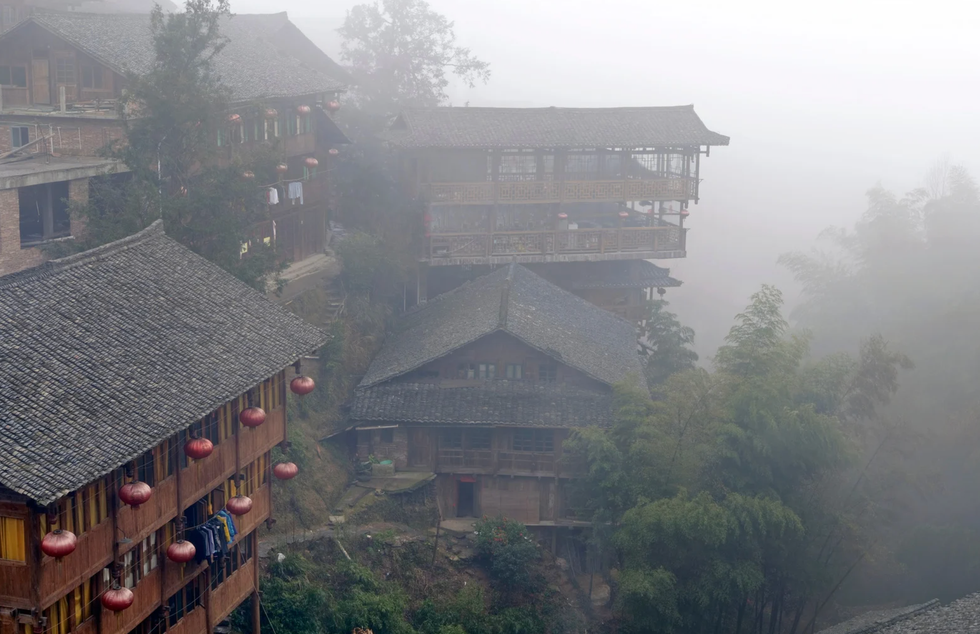The destructive effects of climbing parties on highly trafficked mountains like Everest have been evident to climbers for years, but only recently have efforts been put in place to both clear the landscape of discarded oxygen tanks, food wrappers, jettisoned gear, and even dead bodies (of which an estimated 200 remain on the mountain).
Denali, the mountain in Alaska’s Denali National Park formerly known as Mt. McKinley, may not suffer from the same corpse epidemic that Mt. Everest does — although Denali hosts several of those as well — but the National Park Service faces a similarly unpleasant issue that has worsened in recent years.
There’s a ton of poop littering North America’s tallest mountain. Actually, far more than a ton.
According to glacial geologist Michael Loso, 215,000 pounds of human waste litters the mountain’s most popular route, Kahiltina Glacier, which was scaled by 36,000 climbers between 1951 and 2012.
Lest you question Loso’s expertise (or at least enthusiasm) on this particular matter, here he is speaking for 45 minutes about climbers and the park’s poop problem:
Since 2007, the National Parks Service has adopted an “out of sight, out of mind” policy regarding climbers’ disposal of waste — namely, that poop shouldn’t be left anywhere on the ground or mountain. The policy’s led to a plethora of biodegradable bags full of excrement being tossed into the glacier’s countless crevasses. I’m imagining the climbers dramatically heaving bagged human filth into the abyss, but the reality is probably far less dramatic, sadly.
Given the freezing temperatures, the poop never degrades — resulting in, well, piles of the stuff. It doesn’t pose any particular threat, but most would agree that it doesn’t make for the captivating views one would hope for as they scale the iconic mountain.
Per Montana Untamed, the new policy would require all climbers to remove any poop made below a certain altitude:
Under the proposed rule changes that were open to public comment, mountaineers on the West Buttress below Camp 4 (14,200 feet) will be required to cache their poop in biodegradable bags, haul it back to base camp on their descent and fly it back to Talkeetna. Higher on the mountain, they’ll still be allowed to dispose of feces in a crevasse. The Park Service will mark a crevasse near Camp 4 that will be used for human waste disposal on the upper mountain.
If the oddly satisfying prospect of launching a bag of your own poop into a crevasse doesn’t motivate climbers to at least get to Camp 4, I don’t know what will.
Nonetheless, I’m certain the priorities of those tackling the fabled peak will remain:
- 1. Don’t die.
- 2. Everything else.


















 The Emergency Department.Photo credit:
The Emergency Department.Photo credit:  Little girl with a splinter.Photo credit:
Little girl with a splinter.Photo credit:  Woman on phone after car accident.Photo credit:
Woman on phone after car accident.Photo credit: 

 A hotel clerk greets a guestCanva
A hotel clerk greets a guestCanva Gif of Faye Dunaway' as Joan Crawford demanding respect via
Gif of Faye Dunaway' as Joan Crawford demanding respect via  An empty rooftopCanva
An empty rooftopCanva
 A road near equatorial Atlantic OceanCanva
A road near equatorial Atlantic OceanCanva Waves crash against rocksCanva
Waves crash against rocksCanva

 Two people study a mapCanva
Two people study a mapCanva Foggy Chinese villageCanva
Foggy Chinese villageCanva